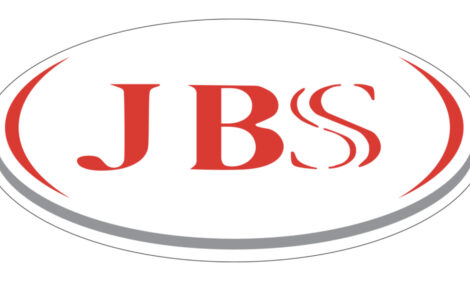



Lasagne Horse Contamination Requires Answers and Reassurance
UK – Further news of horse contaminations, this time in Findus beef lasagne, have prompted further calls for a tightening of food inspection protocol to prevent a recurrence of what NFU Scotland has described as a ‘catastrophic failure’ on behalf of the processing and retail sectors.Last month the Food Safety Authority of Ireland found horse and pig DNA in beef burgers. Subsequent additional Food Standards Agency (FSA) inspections have detected in excess of 60 per cent horse meat presence in Findus beef lasagne with reports of meals being made with 100 per cent horse meat.
The FSA has demanded that all food companies test their beef products for authenticity by 15 February as efforts are being made to crack down on the issue. Investigations are ongoing across Europe.
Environment Secretary, Owen Paterson, said it is 'totally unacceptable' and has already made efforts to raise inspection standards adding, “I called the major retailers and food distributers in today to agree a clear plan of urgent action to deal with the problem of horsemeat in processed beef products."
"We agreed that more and tougher testing will take place. I asked them to agree to publish test results every three months through the Food Standards Agency."
The FSA has said that the contaminations are either due to gross negligence or criminal activity. NFU Scotland has said that mislabelling and meat contaminations of this kind have to stop.
“The on-going scandal on horsemeat is becoming increasingly frustrating for Scottish farmers who believe their hard work and reputation for quality is being undermined by potential illegality in some supply chains, wildly inaccurate labelling of processed products and a developing mistrust within the food supply chain,” said NFU Scotland President, Nigel Miller.
Producers in the UK comply with robust identification, traceability, farm assurance and inspection measures, added Mr Miller. Stringent farm schemes have increased confidence in purchasing British products.
“These efforts are being undermined by illegal actions elsewhere within the chain."
The National Beef Association (NBA) are sceptical about processor ignorance surrounding horse meat in the food chain. In a statement the NBA said: "At the moment we are led to believe that no one in the manufacturing process was aware of horse meat been sold as beef, it makes one wonder when the processors were purchasing this bargain beef raw material that no one thought how can we be getting this beef at such a bargain price?"
"Beef is expensive to produce, expensive to process, expensive to store, expensive to distribute and yet there is an expectation that beef burgers can be made and sold for pennies."
The NFU has said it wants to distance farming from malpractice further along the supply chain.
NFU President Peter Kendall said: “We are concerned about the ramifications for the industry as a whole which is why we are meeting with retailers, food service companies, processors, as well as the FSA and Defra, to establish the facts and seek reassurance that the integrity of British food is maintained.
“This whole system of quality is being completely undermined by failures within the supply chain and reinforces our call for clearer labelling and a commitment from retailers to British produce.”
This sort of problem underlines the value of the integrity of supply chains and traceability of sources, such as those found in the organic system, the Soil Association has stated.
Rob Sexton, Chief Executive Officer of the Soil Association said: “Organic is a highly regulated food system. Any product sold as ‘organic’ must comply with strict rules assuring consumers they are buying genuine products that can be fully traceable back to the farm.
“Independent organic inspectors accredit every step of the supply chain, meaning buying organic offers consumers a more confident choice about the food they buy and eat," added Mr Sexton.
The original ‘horse burger’ story last month resulted in around ten million burgers being recalled and destroyed.
Wider impacts on consumer beef demand are not thought to have been severe. Anecdotal evidence from levy board EBLEX suggests no significant decline.
TheCattleSite News Desk


